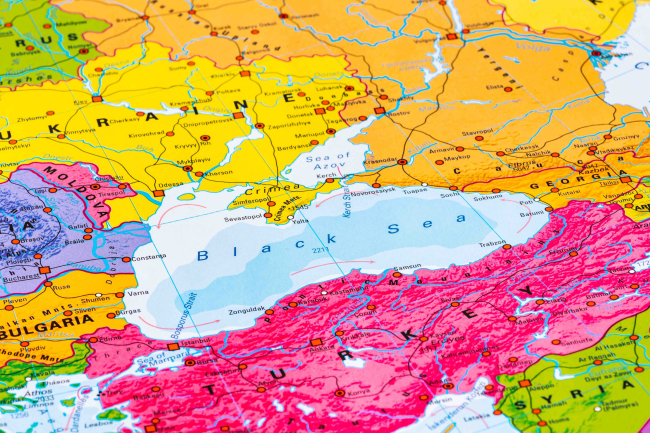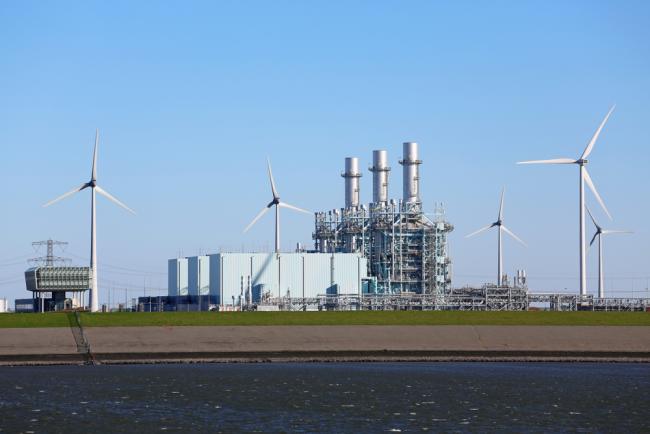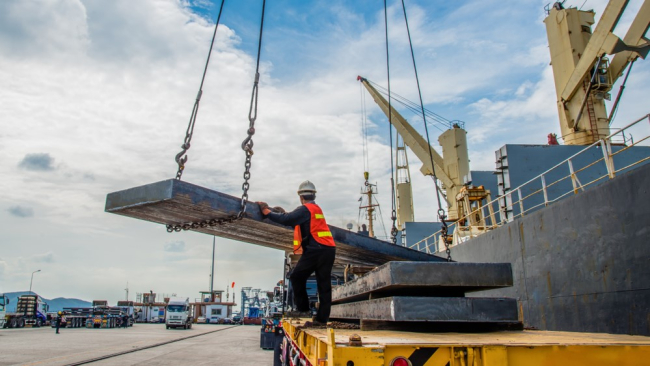Europe’s energy system facing multiple shocks: market adjustments and policy responses

Practical information
Themes and regions
Related centers and programs
This is a private event.
Learn more about our corporate support packagesRussia’s war with Ukraine has multiple spillover effects on Europe’s energy systems which face multiple threats adding up to systemic weaknesses and challenges.

Gas, oil, coal and electricity supply security are under threat and economies and societies are threatened by soaring prices fueling inflation. While hardships are inevitable, urgent actions are needed to foster the resilience of energy systems, cope with unprecedented tensions and challenges while not giving up on core decarbonization objectives. What is the threat assessment and short-term perspectives? What immediate actions can be taken on the supply and demand sides, and what are the long-term implications for the EU’s decarbonization strategy?
- Marc-Antoine Eyl-Mazzega, Director, Center for Energy & Climate, Ifri: The European energy system confronted to Russia’s war
- Alexandre Andlauer, Senior Global Energy Analyst, Kpler: Oil supplies in jeopardy? (tbc)
- Cédric Philibert, Senior Associate Fellow, Center for Energy & Climate, Ifri: Saving gas in a hurry
- Carole Mathieu, Head of the EU policies, Center for Energy & Climate, Ifri: The Fit for 2030 package in question or reinforced?
- Dominique Finon, Emeritus Senior Research Fellow, CNRS: Market design adjustments for limiting spillovers from the gas crisis to electricity markets
Discussant: Olivier Appert, Senior Advisor, Center for Energy & Climate, Ifri
This webinar will be held in English using the platform Zoom.
Find out more
The Energy Price Crises: A Reality Check for Europe’s Green Deal
On its path to carbon neutrality, the European Union (EU) will be exposed to growing energy price volatility and vulnerable to Russian and Chinese pressure on supply and demand.
The EU’s Carbon Border Adjustment Mechanism: A Piece in the Industry Decarbonization Puzzle
The Carbon Border Adjustment Mechanism (CBAM) is a first step toward reconciling the European Union (EU)’s climate and trade interests. However, a complementary set of domestic and external policies will be needed to drive the decarbonization of European and global energy-intensive industries.
Related Subjects
Other events

Affirming European Security in Ukraine and the Black Sea Region
European security has been challenged in 2022 with the full-fledged invasion of Ukraine by the Russian Federation.

Post-war Europe: How to Redefine a Security Architecture Within a New Transatlantic Framework?
A new European security architecture has to be built. The question is: will this happen with or without Europe? The US President, Donald Trump, who returned to the White House a little more than two months ago, and the President of the Russian Federation, Vladimir Putin, have initiated talks to put an end to the war in Ukraine, with the possibility of Ukraine ceding territory to Russia being raised.

Doing Politics in African Cities: Actors, Causes and Forms of Urban Social Mobilization
From Maputo to Nairobi and from Lagos to Dakar: recently, African cities have been the theatre of mobilizations by groups of young protesters.










